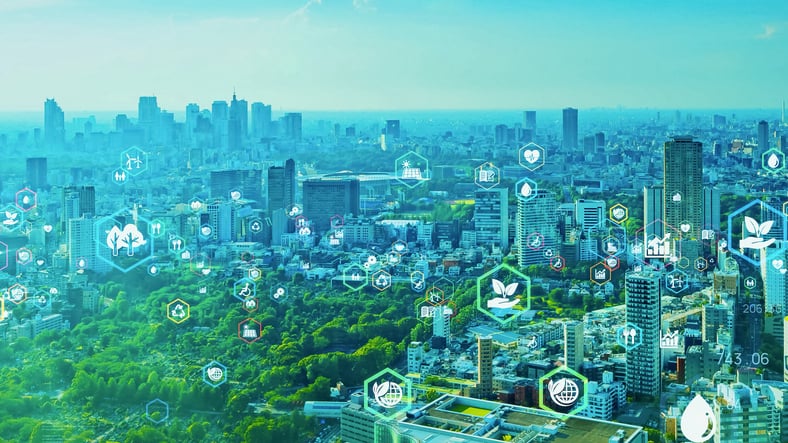
Sustainable Development: A Commitment to the Future
The 21st century has been marked by a growing awareness of the importance of mitigating climate change and promoting sustainable development. As concerns about carbon emissions and their impact on the planet escalate, achieving carbon neutrality has become a crucial goal to ensure the well-being of both present and future generations.
